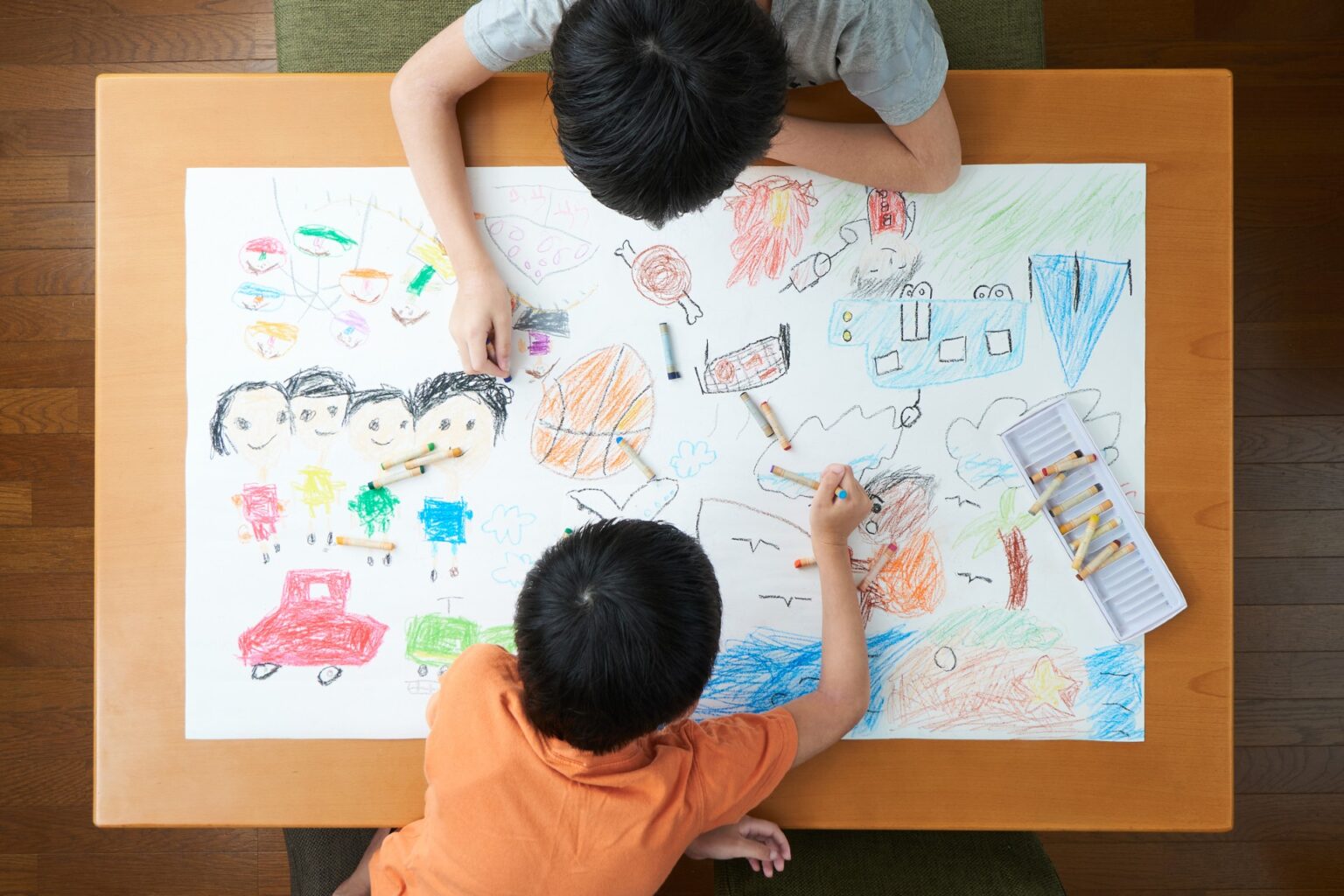Making friends comes easily for some kids. They simply run up to a group of children and join in the fun without a second thought. For others, making friends is more of a difficult task. Being shy or scared can definitely affect social interaction as a child. To make things even more difficult, consider the kids that aren’t just new to a neighbourhood or new to a school, but new to Canada.
Good friends are an important support system for kids, particularly when settling into a new environment. There are many ways parents can help to encourage and nurture these growing relationships.
1. Get out there
Head to the playground, hockey rink or basketball court. Bringing your children to areas frequented by other kids is a sure-fire way to strike up some conversation and meet new people. The more opportunities you provide, the greater chance your children will have to make friends.
2. Sign up!
Register your kids for a program or two. Sports are always an option, but there are also things like Scouts, art programs, dance class or science camps. Meeting like-minded children with similar interests may help your child feel more at ease. Recreation centres offer budget-friendly drop-in activities, meaning you don’t have to sign up for an ongoing class—just pop in when you like.
3. Set up playdates
Contact other parents and set up after-school playdates with kids from class. Perhaps there are other kids new to Canada who would welcome the opportunity to meet new children as well.
4. Start them young
If you have a baby or toddler at home, join a parent and tot group to help your young one socialize with other kids. It’s a great way to meet new people who are just playdates waiting to happen!
5. Help them master their body language
If your child is shy or finds it hard to talk to new people, be encouraging. Often, simple body language can help. Teach your child to stand tall, maintain eye contact and offer a smile. These small actions can go a long way.
6. Learn friendship qualities
Being a good friend will help your child maintain his or her new relationships. Discuss what it means to share, cooperate, take turns and listen. These are basics that any child should know when embarking upon any friendship. At the same time, teach your child that they shouldn’t have to compromise who they are to gain friends. Peer pressure and bullying are topics that all parents should discuss with their kids, whether they’re new to Canada or not.
7. Make your child comfortable
A new home can be a scary thing for kids (and parents, too!). Get into a routine at home, learn about your neighbourhood and enjoy weekly rituals or activities. Feeling comfortable at home is a great start to feeling comfortable out of the home.
8. Model behaviour
If you want your kid to become social, do the same. Introduce yourself to neighbours and other parents. Be warm and friendly. Set an example for your kids.
9. Ask for help
If your child is finding it hard to adjust to life in Canada, be patient, but don’t let the problem persist. The longer you wait, the worse it will get. Reach out to teachers, leaders in the community, coaches, or other families who are new to the country. Get everyone on board to help make the process as easy as possible.
10. Watch and listen
Understand that your child might be angry about moving, frustrated with their new surroundings and sad if they aren’t making new friends quickly. These feelings should be taken seriously, not brushed aside. Pay attention to your child’s moods and actions and offer help when needed (or space when needed). Also, pay close attention to any new friends—make sure they are appropriate and a good influence on your child.










